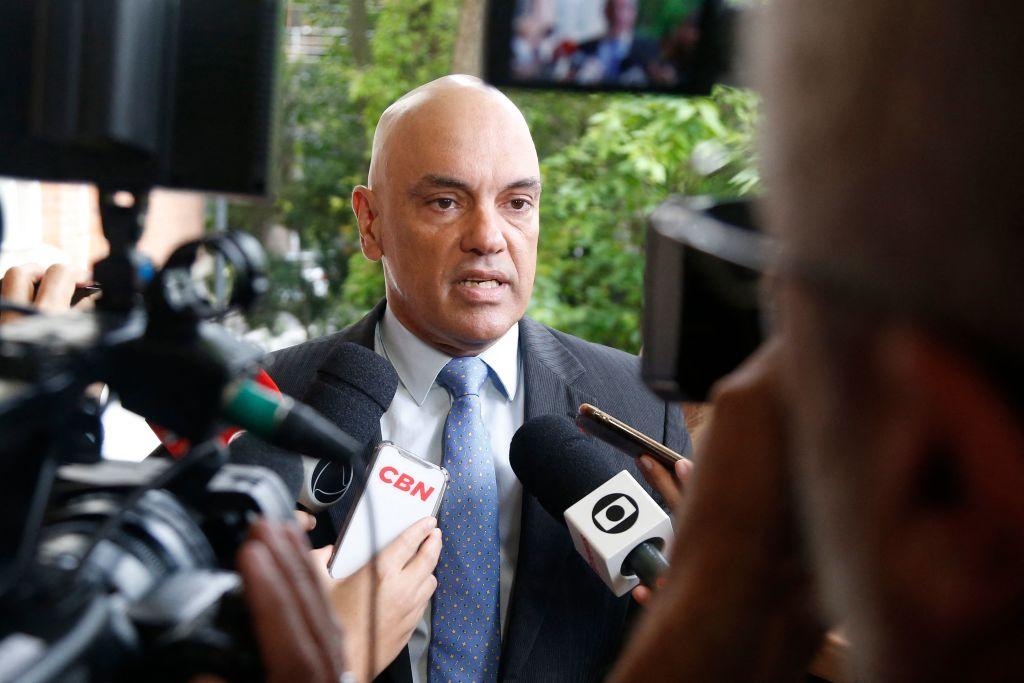Commentary
Indigenous people have special protections under Brazilian law. That was the case at least until Dec. 12, when an indigenous leader was arrested by order of Justice Alexandre de Moraes of the Supreme Court of Brazil.

Indigenous people have special protections under Brazilian law. That was the case at least until Dec. 12, when an indigenous leader was arrested by order of Justice Alexandre de Moraes of the Supreme Court of Brazil.